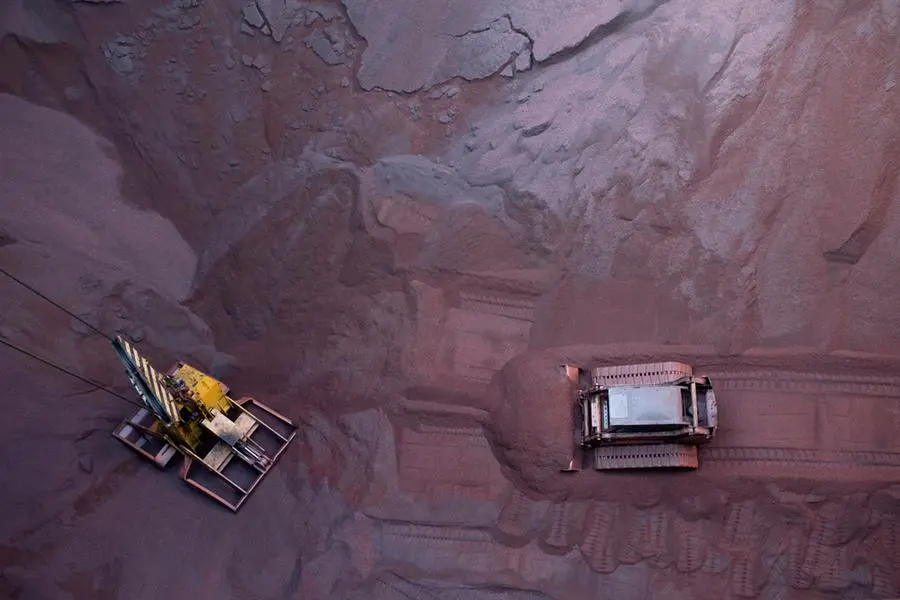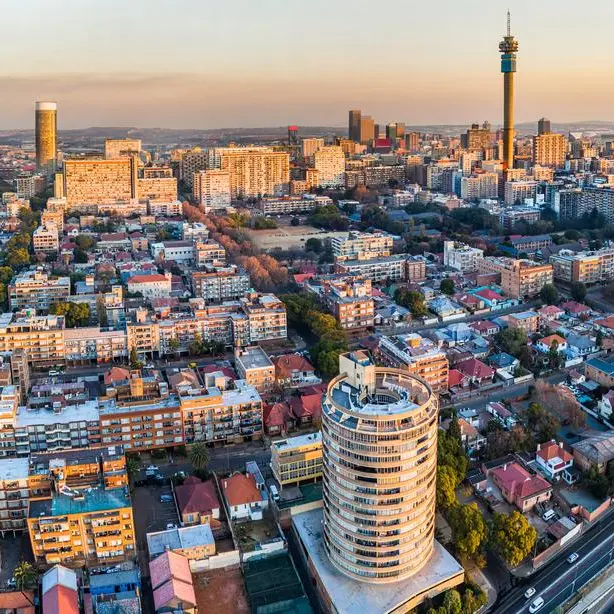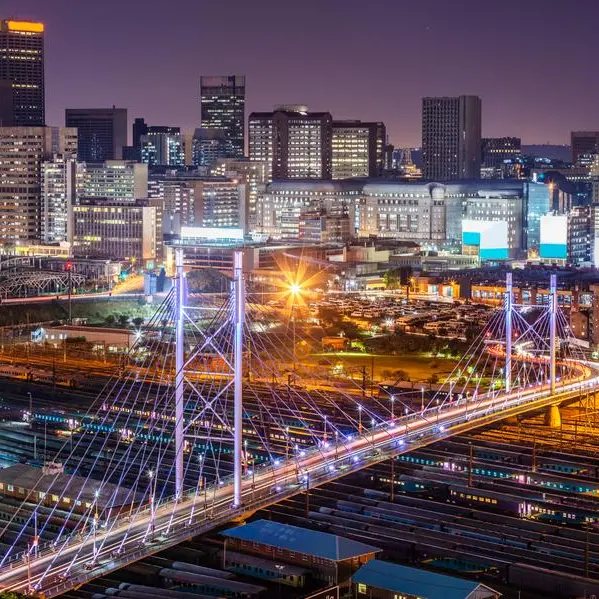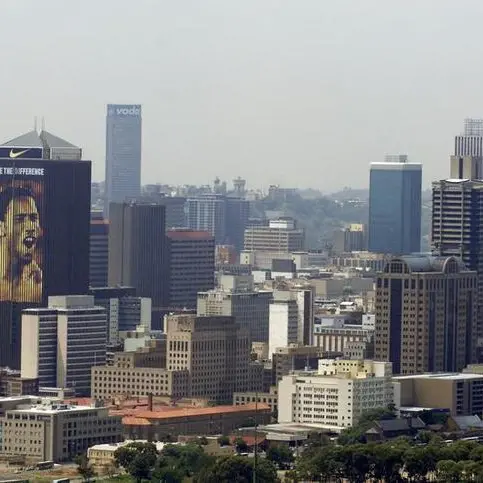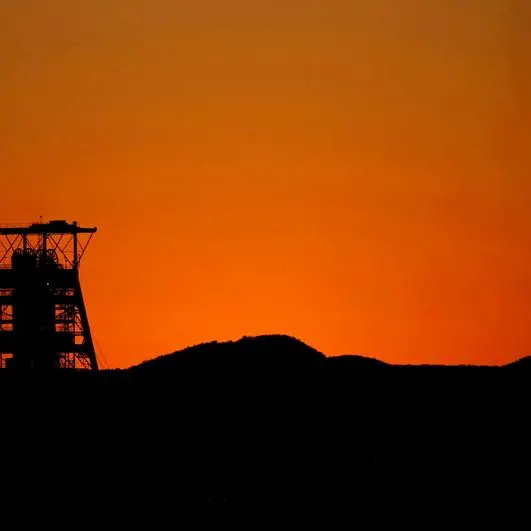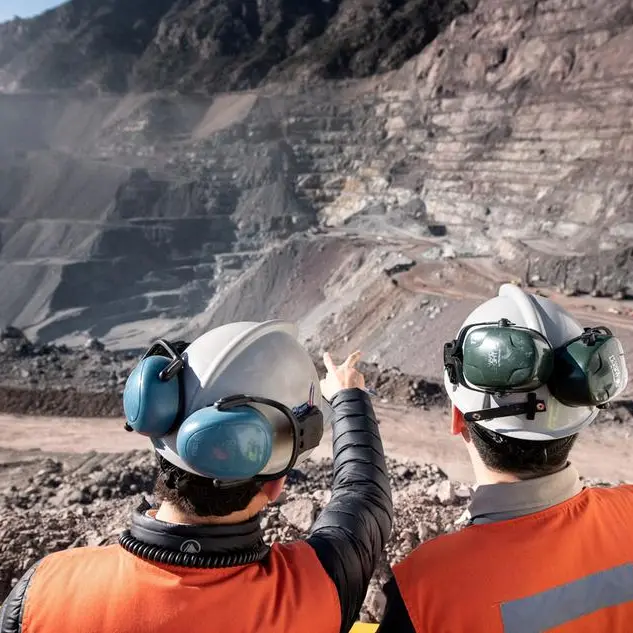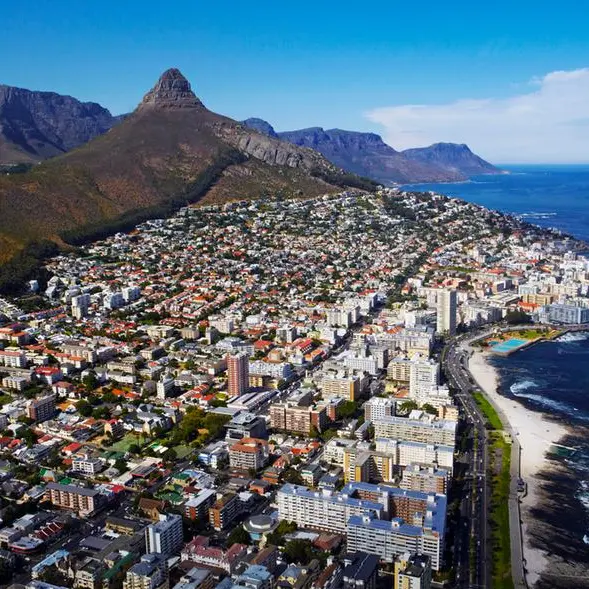PHOTO
African leaders gathering in Seoul on Tuesday agreed to ensure an organised, stable supply of minerals to South Korea, enabling the Asian country new entry to critical raw material for energy transition.
The assurance was provided in a joint declaration between leaders of South Korea and counterparts or representatives from 48 countries attending the Korea-Africa Summit.
Under the arrangement announced by Korean President Yoon Suk Yeol and Mauritanian counterpart Mohamed Ould Ghazouani as AU Chairperson, the two sides will launch a high-level dialogue through which to discuss the supply from Africa’s mineral-rich countries.
Those discussions will also decide how Korean firms can invest in the mineral extraction sectors and how to add value to the products.“In this context, we agree to launch the Korea-Africa Critical Minerals Dialogue during this summit which will serve as an important institutional foundation for enhancing cooperation between Korea and Africa. In addition, we share a common view on enhancing cooperative efforts to ensure the stable supply of critical minerals and promote technology collaboration related to critical minerals on mutually agreed terms.”Read: Why South Korea wants a piece of AfricaKoreans called for this Summit, coming late to the party of other major world powers who have been securing similar arrangements. But Seoul said its bid was collaborative and will serve as a “a model example of sustainable development of global mineral resource.”The promise to provide a new kind of arrangement for minerals in Africa sounded enticing for a continent that has often complained of exploitation. But Koreans were also short of what African leaders actually demanded.
In his speech, Kenya’s President William Ruto praised South Korea’s desire to invest in Africa, which he argued was necessary the Fourth Industrial Revolution. But he then repeated his pet subject: That Korea has to joined likeminded countries to iron out problems in the global financial architecture so that African countries can get cheaper credit.“Africa’s rich natural resources and growing and increasingly youthful, skilled population present a significant opportunity for growth in agriculture, industry and trade,” Ruto told the audience that included 24 other heads of state and government from Africa.
He called on South Korea to enhance its contribution to the World Bank’s “concessional lending window to enable African countries to effectively respond to economic shocks and pursue developmental agendas.”“We also urge Korea, working with the International Monetary Fund, to consider channelling Special Drawing Rights (SDRs) to the African Development Bank.”This latter point was also raised by Dr Akinwumi Adesina, president of the AfDB, which he argued will “solidify the Korea-Africa relations.”SDRs are some kind of asset reserve allocated to countries at the International Monetary Fund to enable them draw actual money on it in times of crisis. The problem is that SDRs are allocated more to a country if it is rich and may never need it.“The IMF-approved $20 billion limit for SDR rechannelling for hybrid capital, channelled through the African Development Bank and other multilateral development banks, will deliver $80 billion of new financial support,” Dr Adesina said.
Read: Ruto, Samia eye trade deals with South KoreaThe IMF had earlier allocated $20 billion worth of SDRs to multilateral lenders.
But South Korea dodged the bullet here. In the joint declaration, Seoul ensured the SDRs, debt and any pledges towards enhancing World Bank contribution for concessional lending was avoided. Instead, promised to double official development aid to Africa to $10 billion by 2030, and provide export financing of about $14 billion to Korean seeking trade and investment in Africa “as a catalyst for projects for cooperation with Africa. Most of that money will be disbursed through the through the expansion of Korean Economic Development Cooperation Fund (EDCF).
African leaders had called for technology transfer, especially to enable countries to learn from Korea’s developed technology in robotics, biotechnology, artificial intelligence and related areas, according to President Ruto.
This too, was omitted in the joint declaration, even though they pledged people-to-people exchanges including research cooperation. Instead, South Korea said it will “share expertise” in the fields such as Customs e-Clearance system (UNI-PASS), the Korea ON-line E-Procurement system (KONEPS), and the KOrean Statistical Information Service (KOSIS). It was unclear whether that will involve actual technology transfer.
Billed as the first bloc-wide summit with South Korea, they still pledged to pursue bilateral arrangements with African countries, focusing on Economic Partnership Agreements (EPAs), Trade and Investment Promotion Frameworks (TIPFs), Double Taxation Avoidance Agreements (DTAAs), and Investment Protection Agreements (IPAs) which they said will “facilitate mutual access for each other's products to their respective markets.”But with Africa’s exports sorely based on unprocessed minerals and agricultural products, the market in South Korea may yet depend on how fast these agreements are actually finalised. Some countries like Tanzania, Kenya and Morocco have begun discussing EPAs with Korea. But whether they boost or undercut the continental free trade area agreement known as AfCTA will be a matter of wait-and-see.
There was something to carry home, however. Tanzania secured a $2.5 billion loan facility from the EDCF, to be disbursed over the next five years. Kenya secures $238 million funding from the Korea Exim bank for a digital hub at Konza Technopolis in Machakos County. Part of the money is to also build a road link the planned city to the outside world.
Read: South Korea to host its first-ever Africa summitYet there were basic needs for African leaders too.
Tanzanian President Samia Suluhu welcomed Korea’s commitment to promote trade, investment and engagement among actors in the private sector, especially clean energy."Increased investment in clean cooking solutions will not only lower emissions and reduce deforestation, but will also reduce respiratory-related deaths and empower women" she said."Investing in the clean cooking agenda in Africa also presents economic opportunities in terms of development of clean cooking solutions on the continent.”The joint declaration pledged to address cooking fuel as a longterm goal of preventing deforestation.
In the end, South Korea also pitched its defence and public security technology to Africans, seen as a wider tool to address security concerns on the continent. Some countries have already used the technology indirectly. For example, some security equipment imported from Turkey in Kenya actually use Korean technology. © Copyright 2022 Nation Media Group. All Rights Reserved. Provided by SyndiGate Media Inc. (Syndigate.info).
